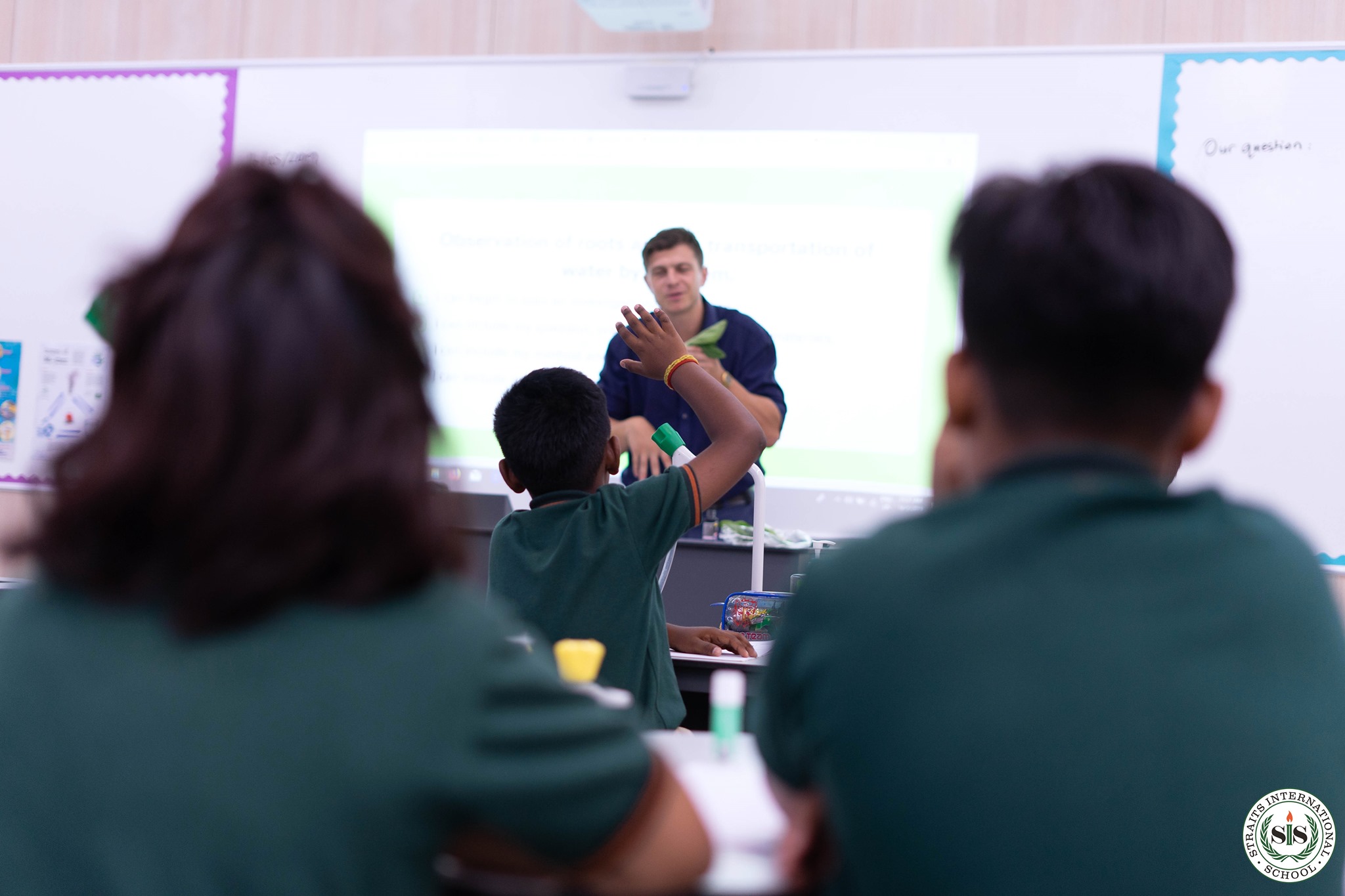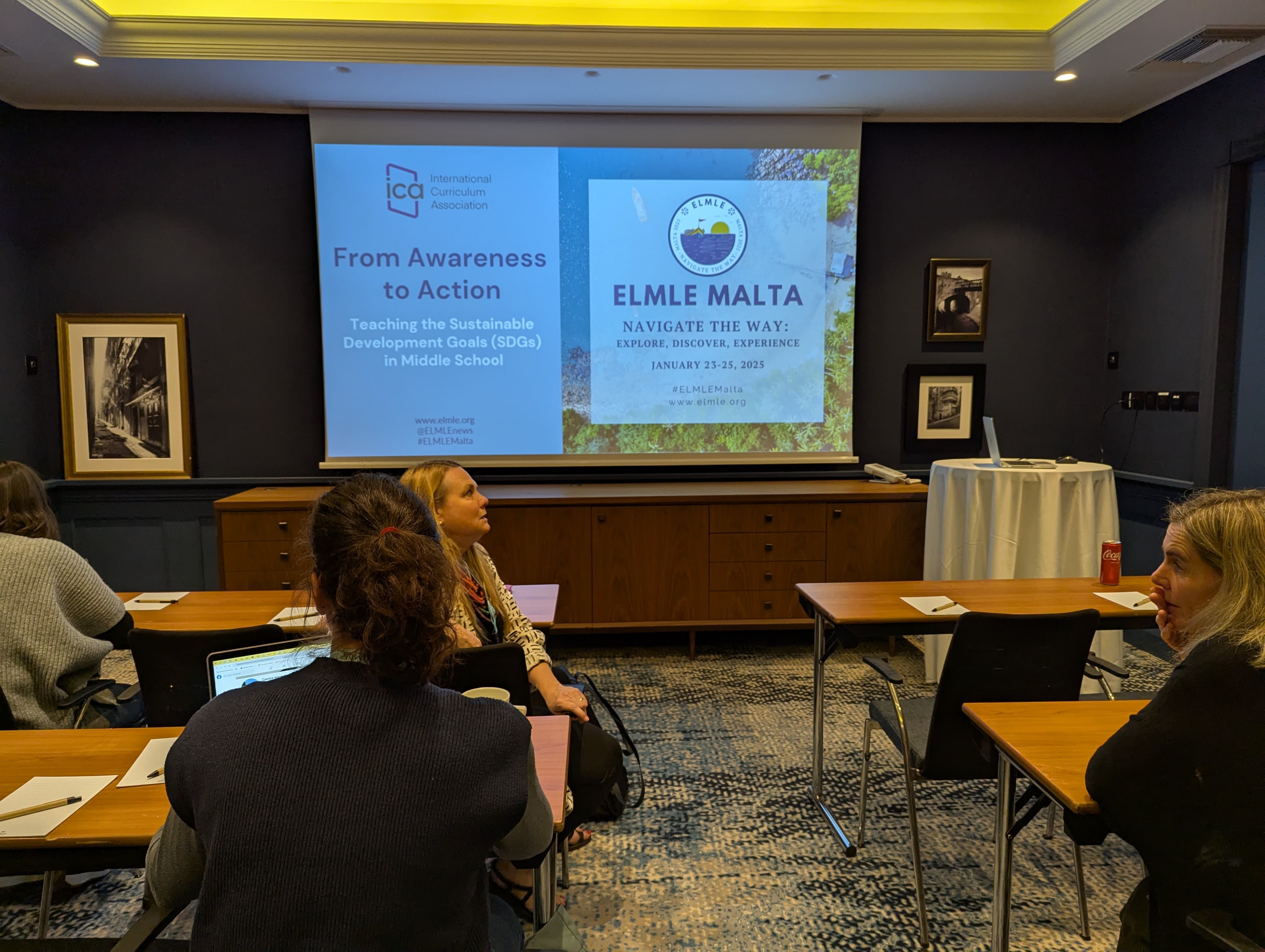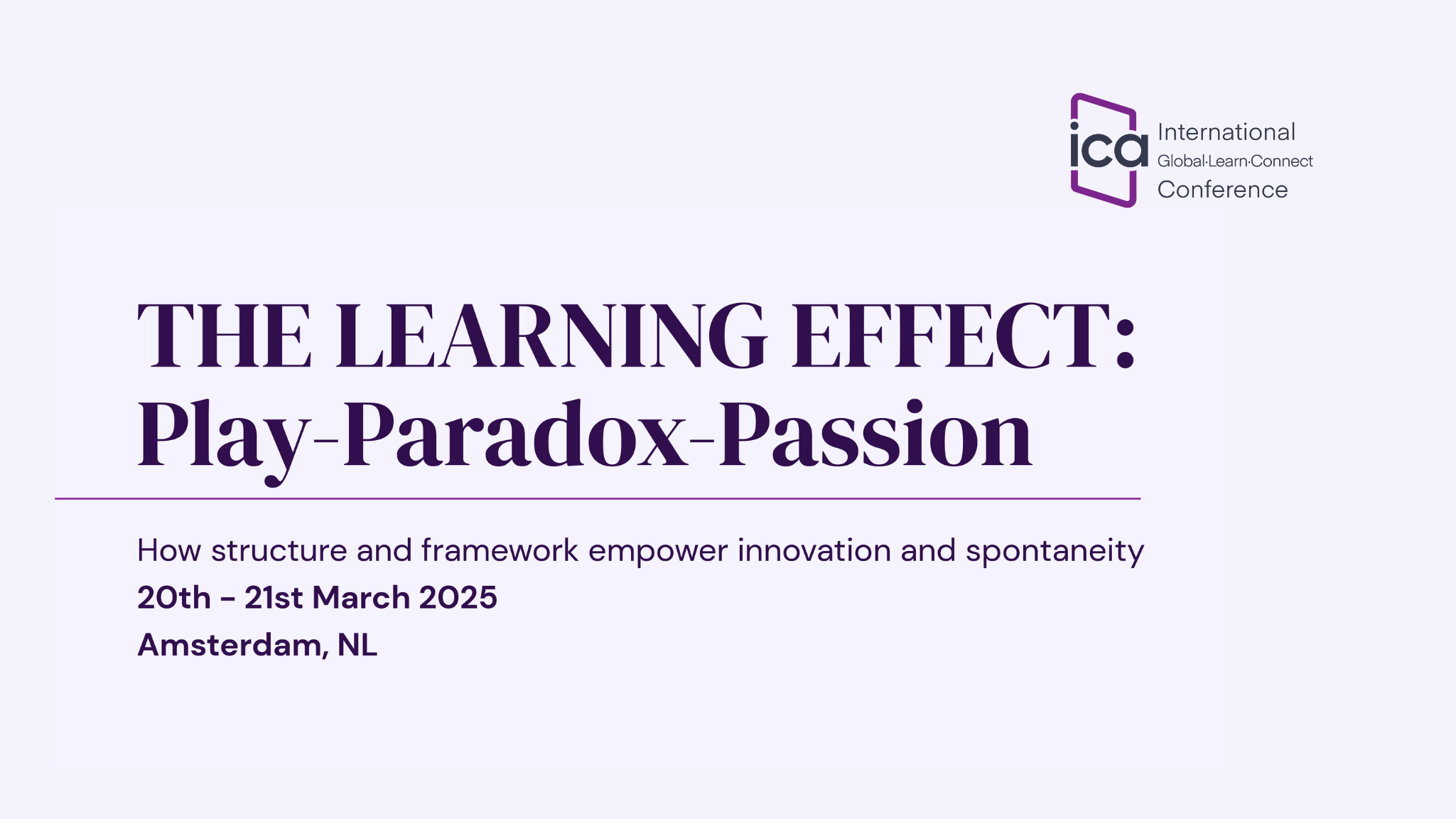Straits International School (SIS) in Rawang are on the way to completing their first year with the International Primary Curriculum. A year full of learning, challenges, and excitement. The school began by attending the workshop: Level 1 Implementing the IPC, which helped them gain insight into the IPC. Pearline Silvanathan, Year 2 Teacher and now IPC coordinator started her own research, collaborating with other schools on how they implemented the curriculum, how to start the process and how the school could progress from there. Ms Pearline was fortunate enough to have many contacts in Malaysia and was able to attend school meetings, visit other schools to get ideas, as well as communicate and exchange ideas with them.
Pearline shares Straits International Schools' IPC journey so far, the challenges faced and how she overcame them.
Before IPC
Five months before we decided to roll out the curriculum, we set up meetings with the KS1 teachers to share the plan and then conducted three workshops consecutively, which allowed everyone to do research and ask questions. With the KS1 team, it was quite challenging, as we were doing all the workshops and planning virtually. It was difficult to have in-depth conversations, as there was so much to cover, but with virtual meetings, it is better to keep them straight to the point. Now that we are back in school, we allocate time every week for feedback and updates. We also had a couple of sessions for the parents, so they are aware of our implementation before we started IPC in KS1.
MyFieldwork (curriculum portal) is a great resource for us, we can select units that are applicable to each year group, and it provides learning goals, which help teachers to have a particular focus. It also gives an overview of the goals that were accomplished over the year, which allows us to focus on the goals that were not achieved, therefore creating a plan for the future.
The challenges ahead
This year's planning was different to previous years. Dealing with the virtual learning whilst implementing a new curriculum was sure to be challenging. However, we initially looked at the long-term plan, looking at all the subjects in IPC that linked themes and connected them with Literacy. It was not easy to do at first with Mathematics, but this will be an area that we will be looking at as a team once everyone is confident with the core subjects in IPC. We also tried to fit some of the units that would fall well into the events that will be happening in the school or around the world so the children can make the connections.
We enjoyed using the plans from MyFieldwork and we found that most of them keep the students on their toes. The activities are hands-on and as with any program, lesson time required a lot of preparation. Sometimes we had to tweak the lessons according to the resources available, and luckily our parents were accommodating by bringing in resources from home.
Why the IPC
As a teacher, I feel that this curriculum pushes me to go beyond my comfort zone to ensure that my students are fully engaged, making it as fun as possible and at the same time expanding their knowledge, skills and understanding. Some of the most memorable activities from our recent unit was interviewing some of my friends from all over the world, where they learnt about how different lives are in other parts of the world. They were quite astonished by the differences, as most of them have not had the chance to travel for some time.
The IPC has many benefits, such as allowing students to participate in rigorous learning, creating international, global, and intercultural awareness, making the curriculum as exciting as possible for the children to enjoy, and providing teachers with everything that will make a curriculum work its very best.
It’s been a pleasure working with Fieldwork Education and I know that I can always ask questions when I need clarification. I am looking forward to our school’s development in the IPC and hoping that we get through the accreditation process once we are ready for it.



